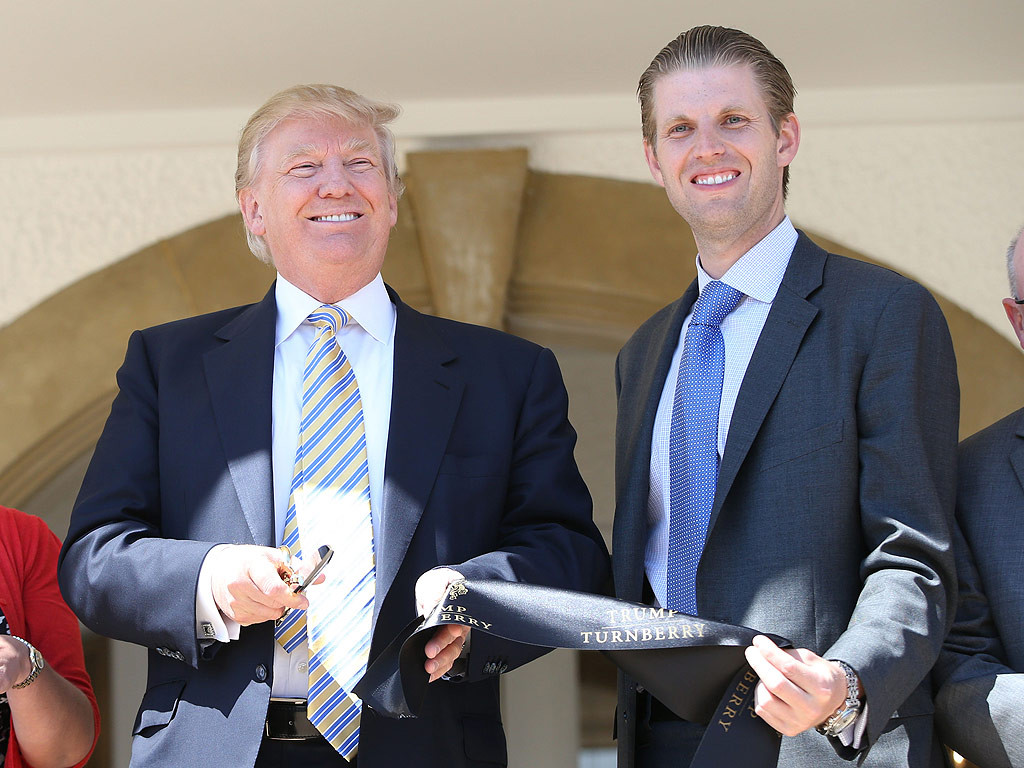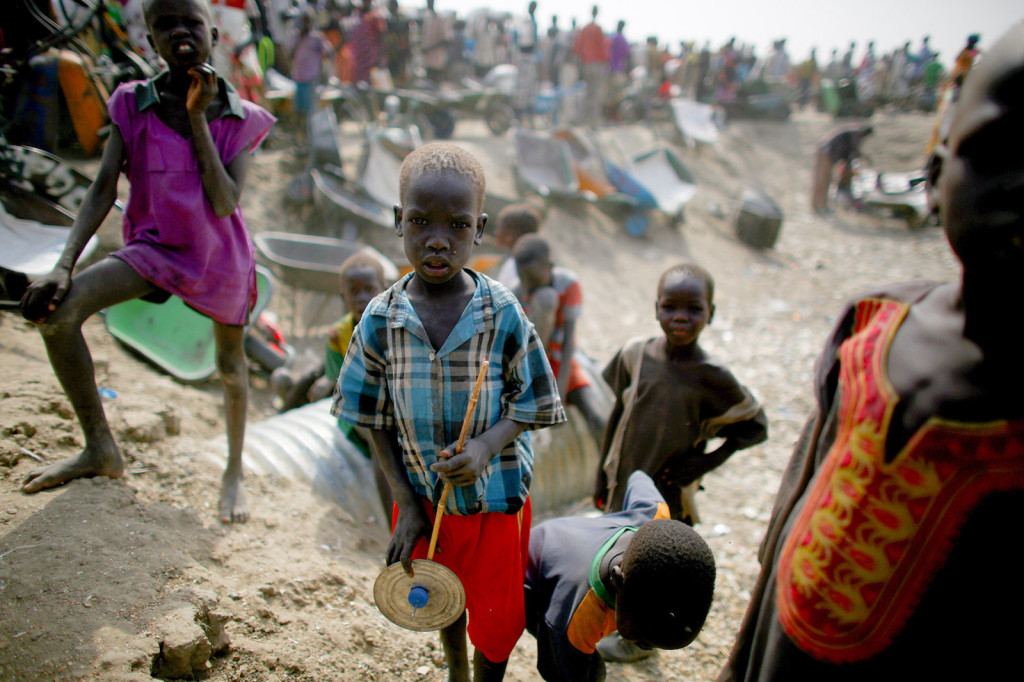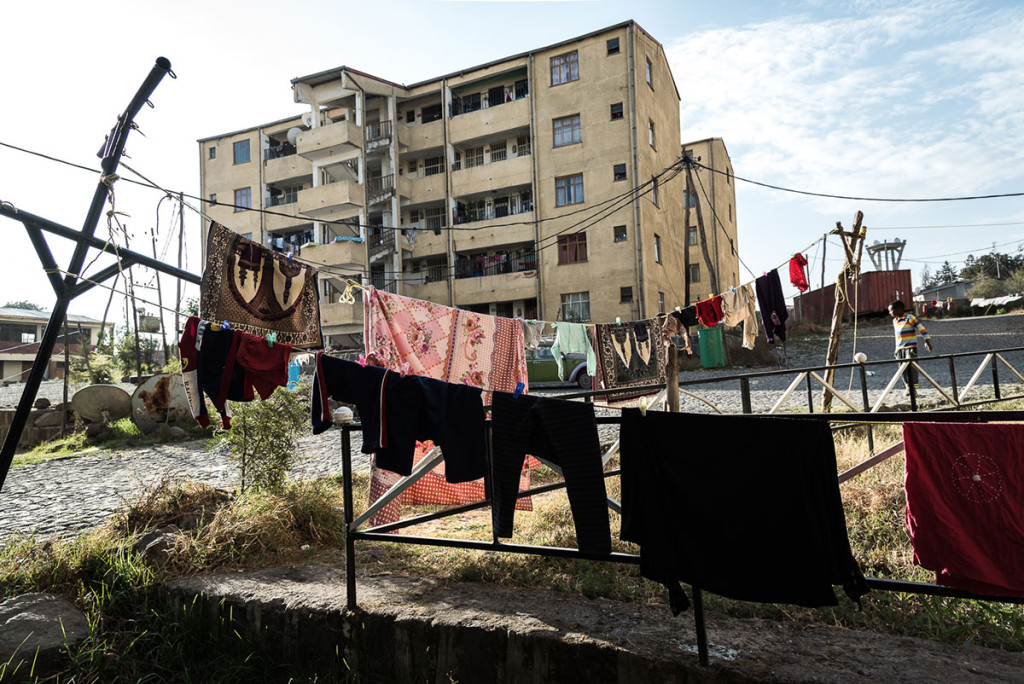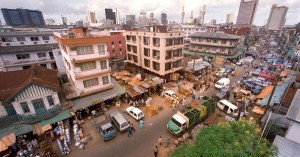
By Lindsey Bever | The Washington Post
New York police are investigating a suspicious package that was sent to the apartment of Donald Trump’s son, Eric, a law enforcement source said.
Police were called by security personnel at Eric Trump’s Manhattan apartment just after 7 p.m. Thursday, to investigate an envelope that contained a powdered substance, police confirmed to The Washington Post.
Police said in a statement that the package was accompanied by a threatening note that is currently being examined by law enforcement. Citing an unnamed source, ABC News reported that the note “said something to the effect of: Either Donald Trump drops out of the race or next time this will be real.”
CBS News reported that the letter warned that “harm will come to the kids” if Donald Trump doesn’t drop out.
Preliminary tests showed that the substance was not hazardous, police said.
Stephanie Shark, a spokeswoman for the FBI in New York, said the Joint Terrorism Task Force is leading the investigation, which includes authorities from the Secret Service, FBI, New York Police Department and Postal Inspection Service.
She said investigators still have to conduct interviews and send the powder to a national laboratory for more comprehensive testing.
“These things take as long as they take,” she said.
Shark said she was not in a position to comment about the letter.
The Trump campaign did not respond to a request for comment. Nor did the Trump Organization, where Eric Trump — the billionaire businessman’s third child — serves as executive vice president of development and acquisition.
Eric Trump has actively campaigned on behalf of his father, the Republican front-runner, and was with him Tuesday night in Palm Beach, Fla., to celebrate primary wins in multiple states, including Florida, North Carolina and Illinois.
ABC reported that the letter sent to the apartment “carried a Massachusetts postmark and was opened by Eric Trump’s wife, Lara.”
New York police told The Post that the envelope was opened “by a 33-year-old female,” but would not release a name. Lara is 33.
The threat comes days after white substances were delivered to Sen. Ted Cruz’s campaign headquarters in Houston and to Sen. Marco Rubio’s campaign headquarters in Washington. In both cases, the substances were nontoxic.
The powder sent to Rubio turned out to be laundry detergent, according to a spokesman for the senator’s now-scuttled campaign.





